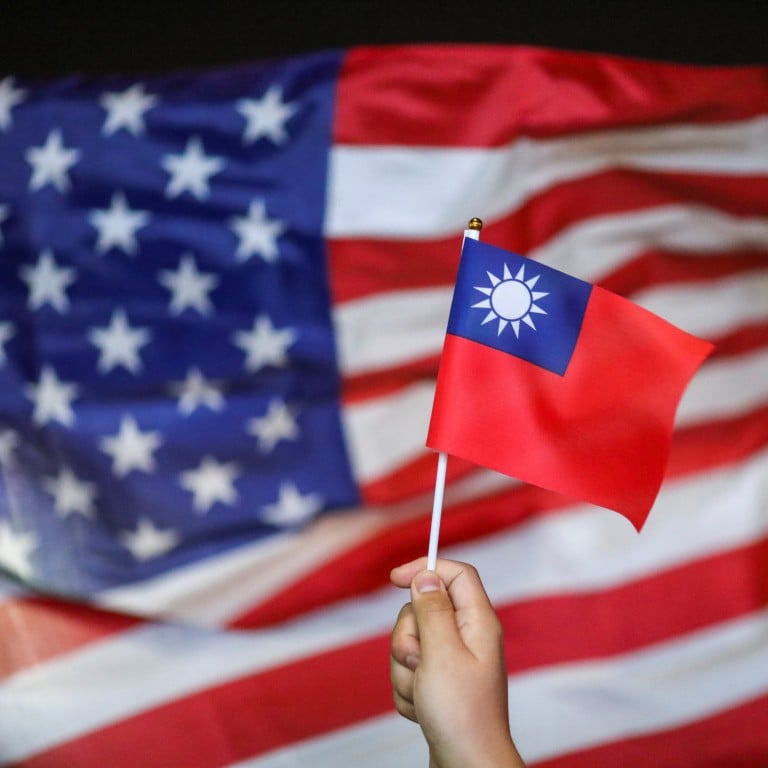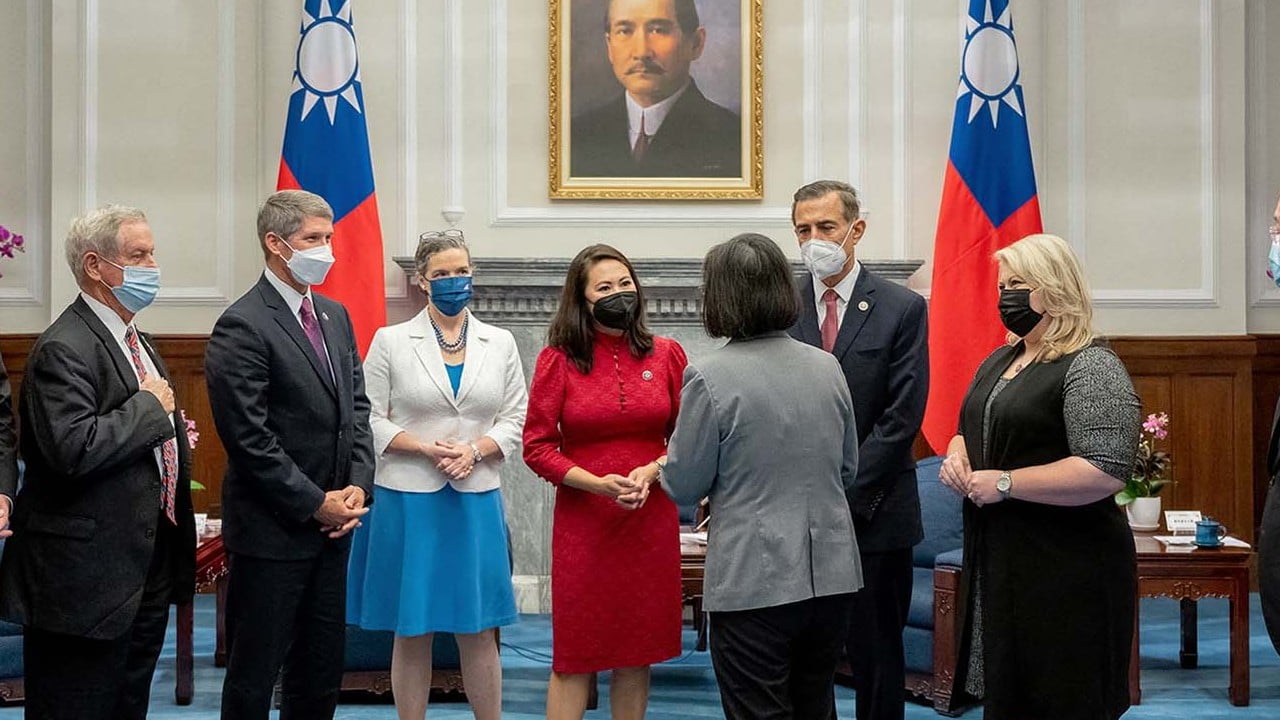
US policy on Taiwan aims to keep the status quo, White House official says
- Indo-Pacific coordinator Kurt Campbell says Washington’s policy is consistent and ‘will continue’
- His remarks come a day after US President Joe Biden affirmed that American troops would defend the island from an attack by Beijing
Emphasising that the president’s remarks “speak for themselves”, White House Indo-Pacific coordinator Kurt Campbell told a think tank event in New York, “I do think our policy has been consistent and is unchanged, and will continue.”
Biden says US troops would defend Taiwan from attack by Beijing
The US government wants to make sure there is a “healthy dialogue and discussion” to try to avoid escalation or “situations of inadvertence”, he said.
These goals “are consistent with previous administrations as well”, he added.
Taiwan and mainland China have been separately governed since they split due to a civil war in 1949. Beijing has since endeavoured to bring the island back into its fold.
Beijing ‘won’t be threatened’ into changing Taiwan plans, analysts say
The “strategic ambiguity” policy is intended not only to deter Beijing from using force against Taiwan but also to dissuade Taiwan from seeking independence, as neither Beijing nor Taipei can be certain the United States would intervene to defend the island should a conflict arise.
Some lawmakers in the United States have called for “strategic clarity” to deter Beijing as it increases its military activity in the region and its pressure on Taiwan.


